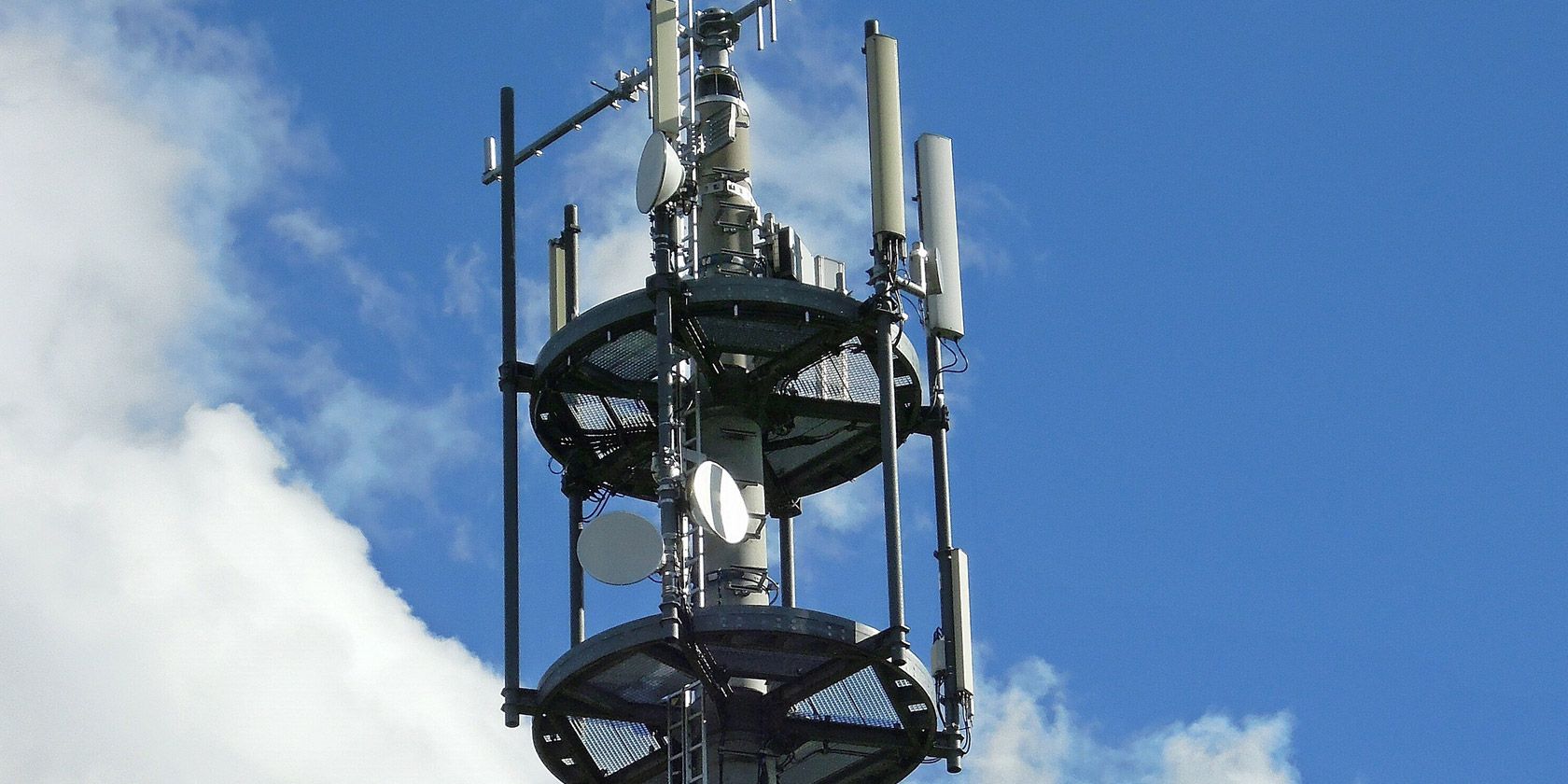What cellular consumers don't know can hurt them. In the United States and Canada, we're taught that smartphone service costs an arm and a leg – and we need to sign contracts because cell phones are so pricey. That's a bald-faced lie. Contracts actually increase the price of service by hundreds, or thousands, each year. A simple way to stop getting scammed is by buying an unlocked phone, like the Nexus 5 (check out our Nexus 5 review), and using prepaid cellular companies known as "MVNOs".
MVNOs – alternative carriers to the big cellular companies – save customers money by leasing chunks of cellular broadcast spectrum from the big four carriers, reselling to the little guy at a substantial discount. They offer lower rates, and contract-free purchases at the cost of losing data roaming (reduced data coverage) and potentially call quality. I've written before about the advantages of MVNOs for contract cellular customers in the US and Canada. MVNO stands for Mobile Virtual Network Operator.
What's an MVNO?
The "V" in the initialism "MVNO" stands for virtual. They virtually operate networks by renting infrastructure. According to their contract with the carriers, MVNOs receive the exact same service as customers do. However, some exceptions do apply: Prioritization and roaming.
Prioritization
During periods of high usage, many cellular customers experience outages and call quality degradation. Some users suspected (perhaps rightfully) that MVNOs receive the lowest quality network bandwidth – the so-called "garbage" minutes that carriers don't use during periods of peak activity.
According to many MVNOs, this isn't true. On the other hand, some MVNOs such as (T-Mobile's GoSmart) state in their fine-print that prioritization actually is a thing. Whether or not it's true for all MVNO carriers remains a mystery.
Roaming
An advantage of using a contract carrier (or T-Mobile's primary service) is that you receive data roaming. Roaming shares broadcast spectrum between each of the big carriers. A practice that makes a network appear larger than it actually is. One thing that MVNOs don't provide is data roaming. The big cellular carriers actually rent out broadcast spectrum to each other, but charge each other for this service.
MVNOs operate on slim margins, and adding roaming would increase the rates that they charge. Fortunately, the vast majority of users don't require data roaming. However, for those who travel frequently, and demand constant data access, roaming is a necessity.
How Can MVNOs Save You Money?
MVNOs save you money because you don't sign a legally-binding contract to get service from them. They also save money because the MVNO marketplace is highly competitive.
Contracts
Think of it this way – signing a contract gives a cellular company legal control over you. Failing to make payment will result in penalties. If that deficit gets large enough, they shut off your service and eventually refer you to a collection agency that will harass you until your dying day. Now why would a company with that much control over you want to give you deal on your cellular bill?
Competition
An MVNO can save you money because the amount of competition in the prepaid market is intense. Dozens of competitors, making razor thin profits from their customers, inhabit the MVNO marketplace. In the past, I've covered the best MVNOs for both the Nexus 4 and the Nexus 5.
For a complete list of MVNOs, check Wikipedia's exhaustive list.
Conclusion
MVNOs function as middlemen for wireless spectrum. They buy in bulk and sell to customers for far less than the big carriers. For example, an $80 to $100 plan from AT&T costs around $40 from an MVNO on the same network. On the downside, MVNOs don't offer data roaming and some customers complain of prioritization, or call degradation at peak hours.
Image Credits: Cellular Tower via MorgueFile; Contract via MorgueFile; Crying via MorgueFile




